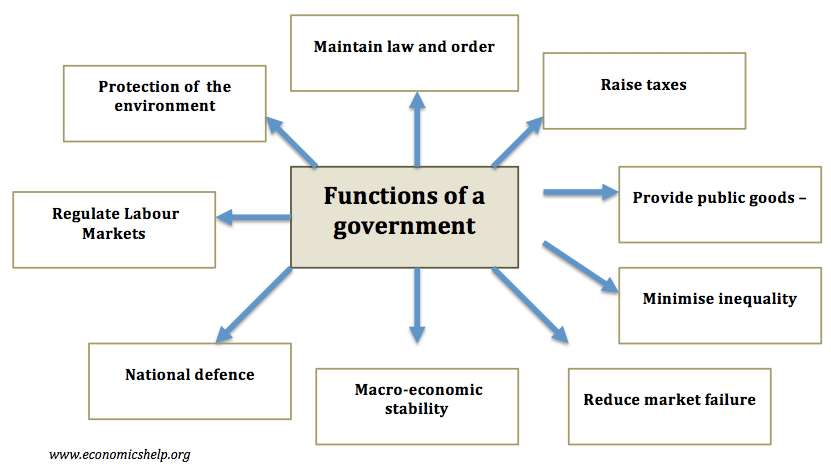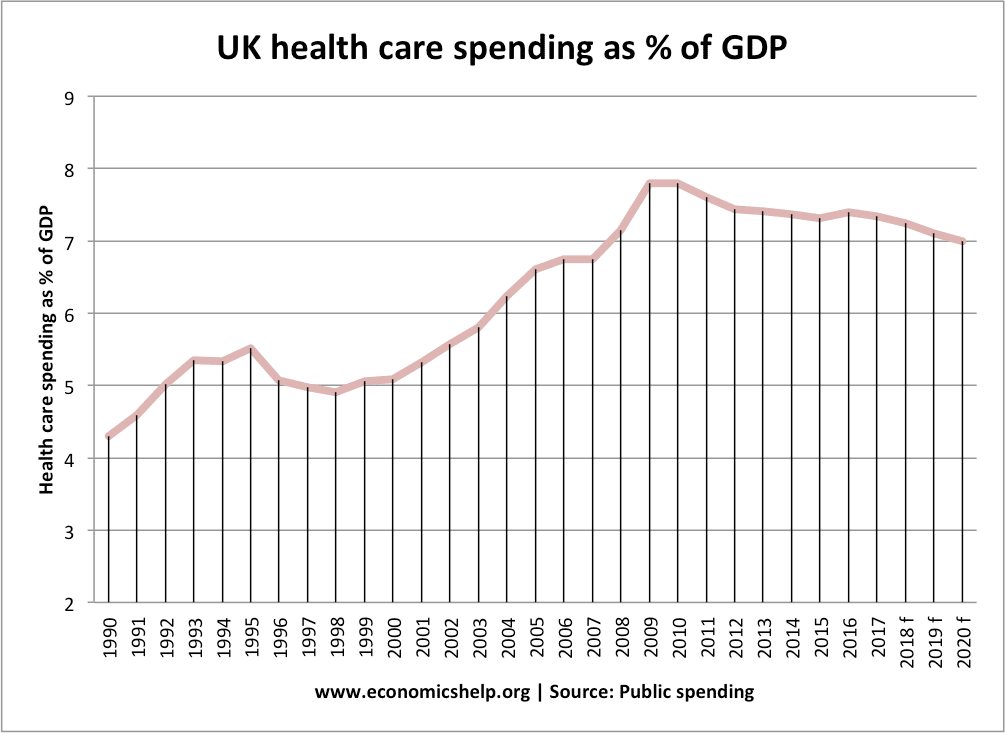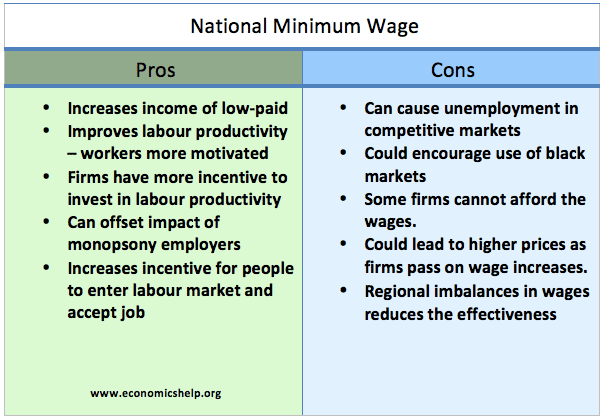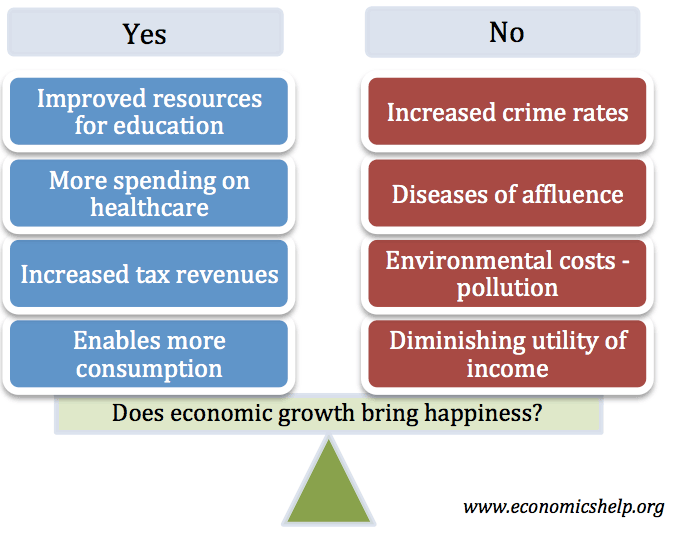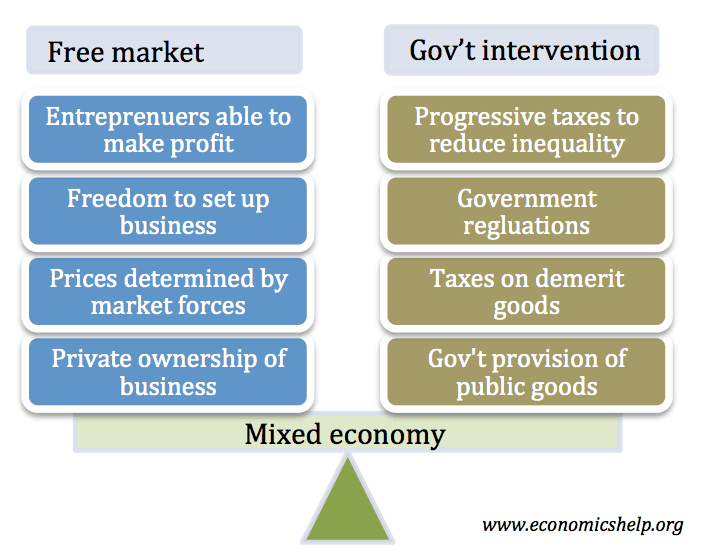What are the economic functions of a government?
Readers question: What are the functions of government in a capitalist economy? In summary, the economic functions of a government include: Protection of private property and maintaining law and order / national defence. Raising taxes. Providing public services not provided in a free market (e.g. health care, education, street lighting) Limit market failure through the …

